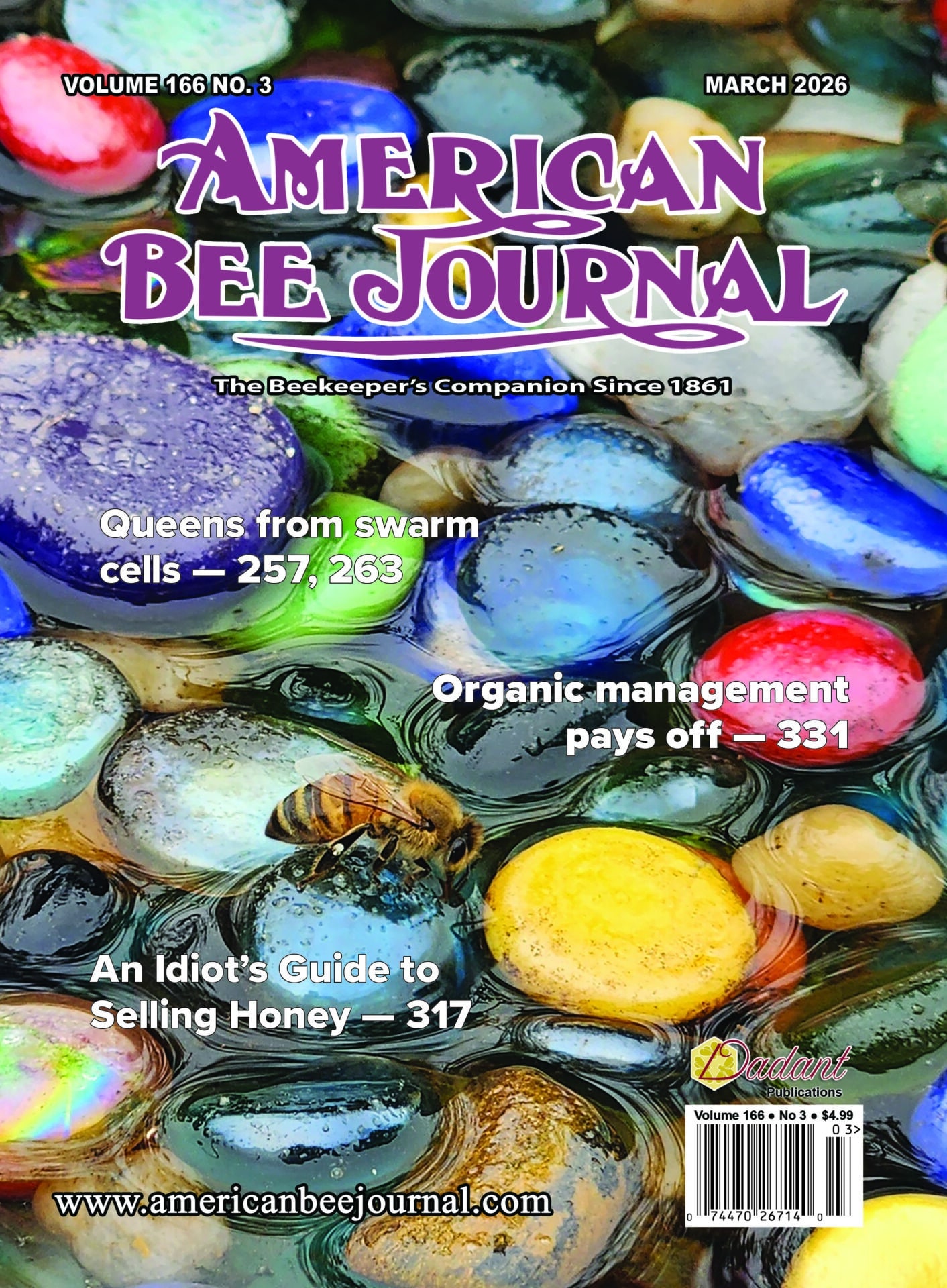ATHENS, Ga., Sept. 10, 2024 /PRNewswire/ — Dalan Animal Health, Inc., the leader in invertebrate health, today announced new experimental findings of their innovative bacterial vaccine’s potential to significantly reduce deformed wing virus variant B (DWV-B) in honey bee populations. Dalan made headlines in 2023 with the world’s first honey bee vaccine, which is conditionally licensed by the USDA and CFIA for protection against American foulbrood (AFB), a devastating bacterial disease.
As part of maintaining USDA conditional approval, Dalan conducted an experimental trial across 400 hives in commercial operations aimed at understanding and developing new vaccines for honey bee health. The full season study showed an 83% reduction in the levels of DWV-B, as measured by PCR, independent of mite load.
DWV-B is one of three major variants of deformed wing virus, alongside DWV-A and the less common DWV-C. This variant is rapidly becoming more prevalent worldwide, overtaking DWV-A in many regions. DWV, which is transmitted by the parasitic mite Varroa destructor, causes deformed wings in adult honey bees, preventing them from leaving the hive to forage. There are currently no preventatives or treatments for DWV, making the management of mite populations crucial.
“I’ve seen firsthand the losses the DWV virus can cause and how increasingly widespread this problem is for U.S. beekeepers,” said Tim Ferris, Pennsylvania beekeeper and owner of Extract and Box, a local beekeeping business. “Managing mite populations has become our primary focus, but seeing a potentially effective treatment on a vaccine I already use for AFB is extremely promising.”
The trial found the reduction in virus load will last from at least four months to an entire season. Data was presented at the World Vaccine Congress and has been uploaded to Biorxiv, a preprint repository, while it undergoes peer review.
The breakthrough results are significant for several reasons. DWV-B is increasingly prevalent in honey bee populations worldwide and strongly associated with overwintering colony losses. The virus is also transmissible to wild bee populations, like bumble bees, which are currently experiencing noticeable decline and may be in danger of extinction.
“To our knowledge, this is the first use of activating the immune system using a dead bacterium to provide protection against a virus in an invertebrate. These results open exciting new possibilities for combating viral threats in honey bee populations, which have few methods for control available,” said Dr. Annette Kleiser, CEO and co-founder of Dalan Animal Health.
Dalan is committed to advancing honey bee health and is awaiting peer review of this study. The company is continuing their research on the benefits of DWV-B reduction with the goal of obtaining a claim extension for DWV protection from the USDA and CFIA for the existing P. larvae bacterin.*
*The current data do not constitute an efficacy claim for DWV-B for Dalan’s existing P. larvae product. Further studies and regulatory reviews will be necessary to establish any official claims.


